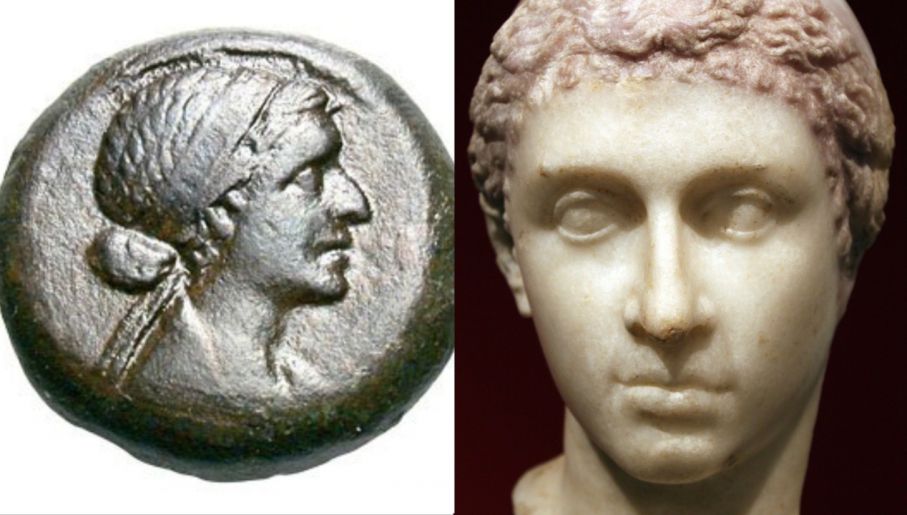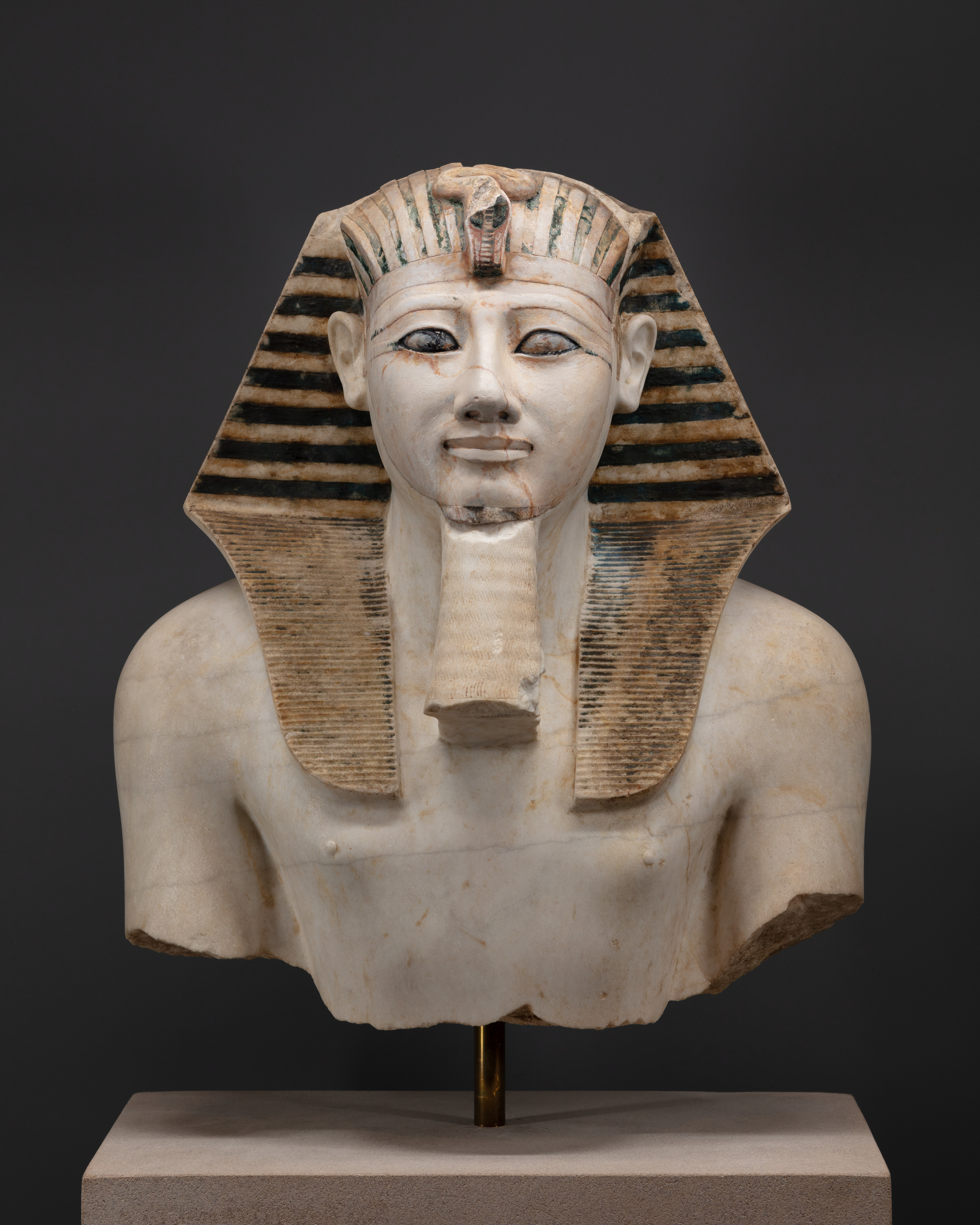The grandeur and mystique of ancient Egypt can be attributed, in large part, to the reign of its iconic pharaohs. These extraordinary monarchs ruled with divine authority, shaping the civilization and leaving an indelible mark on history. From ambitious pyramid builders to visionary reformers, the pharaohs of Egypt are celebrated for their remarkable accomplishments and enduring legacies. In this article, we embark on a journey through time to explore the lives and achievements of some of the most famous pharaohs of ancient Egypt.
/https://tf-cmsv2-smithsonianmag-media.s3.amazonaws.com/filer_public/07/48/0748016e-e574-40ef-a18d-ee4725f0cc86/egypt_treasures.png)
King Tutankhamun:
:quality(70):focal(1676x634:1686x644)/cloudfront-us-east-1.images.arcpublishing.com/tronc/D75JCNLTNZFF3BE6COVFZYGO5U.jpg)
Perhaps the most widely recognized pharaoh of all time, King Tutankhamun, or King Tut, became an icon due to the discovery of his intact tomb in the Valley of the Kings. Despite his short reign, Tutankhamun's tomb yielded an incredible treasure trove, providing invaluable insights into the opulence and artistic prowess of ancient Egypt. Through his restored and exhibited burial artifacts, King Tut's legacy shines as a testament to the craftsmanship and wealth of his era.
Hatshepsut:

Breaking conventions, Queen Hatshepsut became the first known female pharaoh in Egypt's history. She ruled with great strength and diplomacy, overseeing an era of remarkable prosperity and monumental building projects. Most notably, her magnificent mortuary temple at Deir el-Bahari, designed with breathtaking elegance, showcases her ambition and legacy as a visionary leader.
Ramses II:

Known as Ramses the Great, this pharaoh reigned for an astonishing 66 years and left an indelible mark on Egypt's history. Ramses II's military campaigns, including the legendary Battle of Kadesh, solidified his image as a formidable warrior. His architectural marvels, such as the magnificent Abu Simbel temples, dedicated to himself and his beloved wife Nefertari, still stand proudly today, testifying to his enduring influence.
Cleopatra VII:

Cleopatra VII, the last active pharaoh of ancient Egypt, is undoubtedly one of history's most renowned figures. Her intellect, beauty, and political acumen are legendary, as she navigated the treacherous waters of Roman politics. Cleopatra's liaisons with Julius Caesar and Mark Antony cemented her position of power and thrust her into the annals of Western history and popular culture.
Khufu:
.jpg)
Pharaoh Khufu, often referred to as Cheops, built the Great Pyramid of Giza, one of the Seven Wonders of the Ancient World. His ambitious vision led to the creation of this monumental structure, a testament to the unparalleled engineering and architectural expertise of ancient Egypt. Khufu's pyramid stands as a timeless marvel, representing the power and divine authority of the pharaohs.
Amenhotep IV (Akhenaten):

Amenhotep IV, also known as Akhenaten, ruled during the 14th century BCE and introduced a period of religious revolution in ancient Egypt. He attempted to shift the polytheistic religious practices towards the worship of a single deity, the Aten, representing the sun. Akhenaten also moved the capital to Amarna and encouraged a more naturalistic style of art, deviating from traditional artistic conventions.
Thutmose III:
Considered one of Egypt's greatest warrior pharaohs, Thutmose III reigned during the 15th century BCE. He expanded Egypt's territories through a series of military campaigns and is often referred to as the "Napoleon of Egypt." Thutmose III's reign witnessed significant military conquests, including the capture of numerous city-states in Canaan and Syria, solidifying Egypt's influence in the region.
The pharaohs of ancient Egypt left an indelible mark on history through their leadership, military conquests, architectural marvels, and cultural contributions. From the famous King Tutankhamun to the influential Cleopatra, each pharaoh contributed to the legacy and fascination that continues to captivate us today. Their reigns shaped the destiny of ancient Egypt and left an enduring legacy that reflects their power, vision, and enduring impact on human civilization.





Comments
Post a Comment